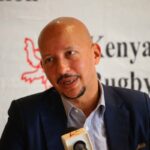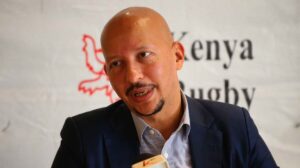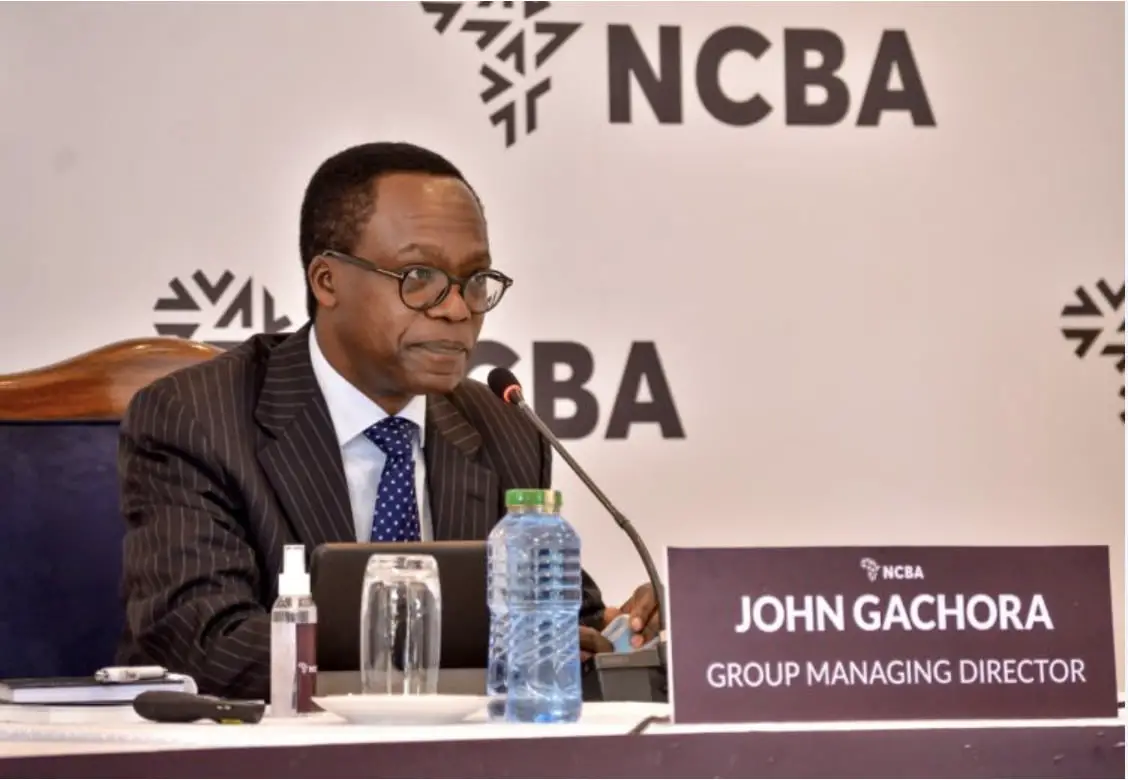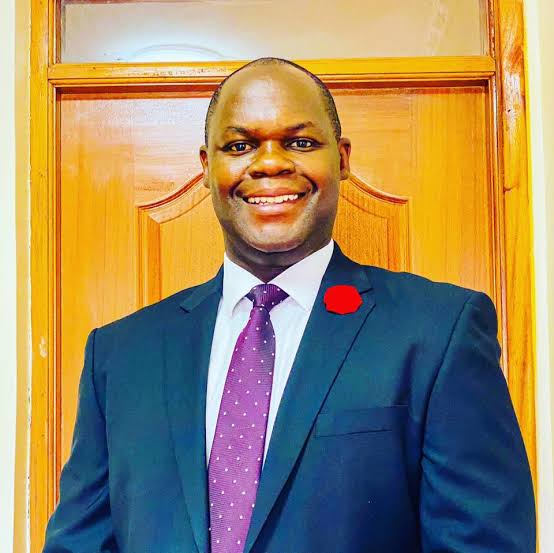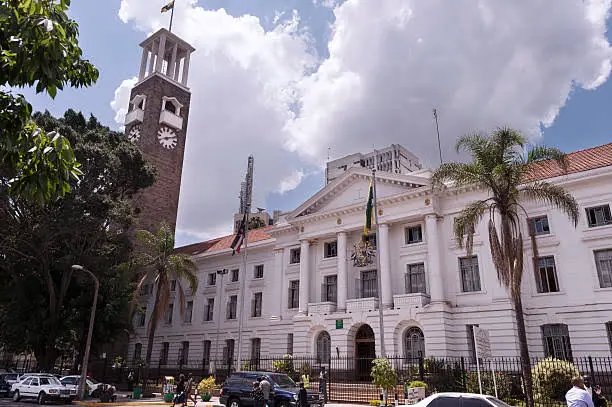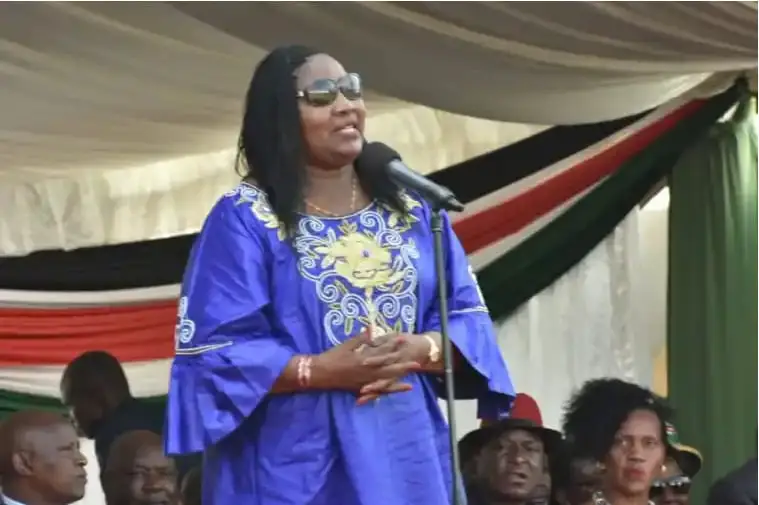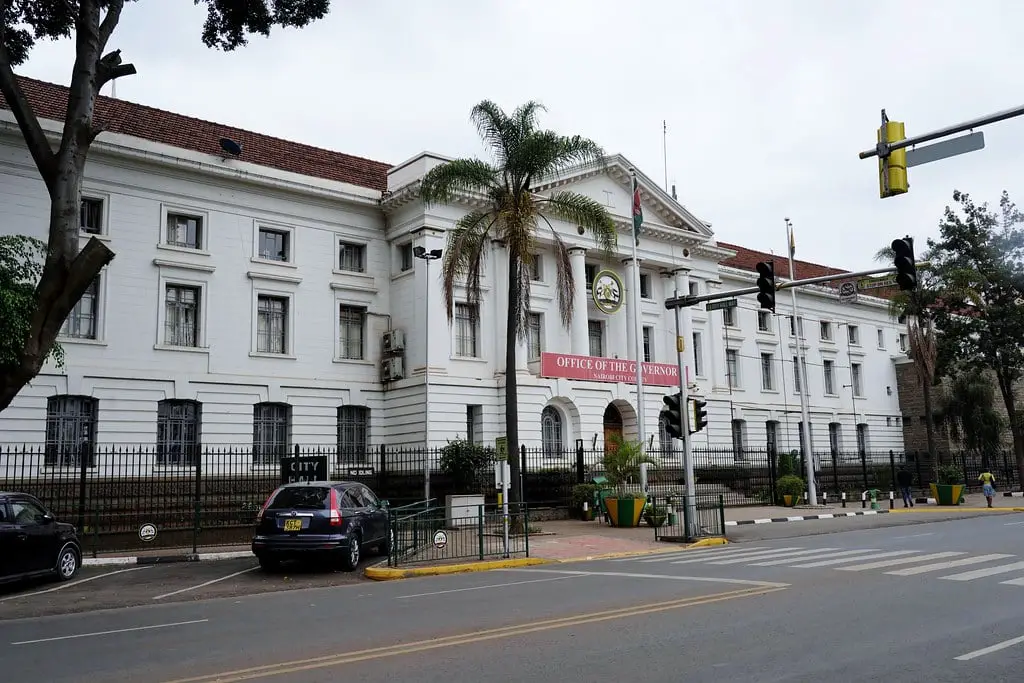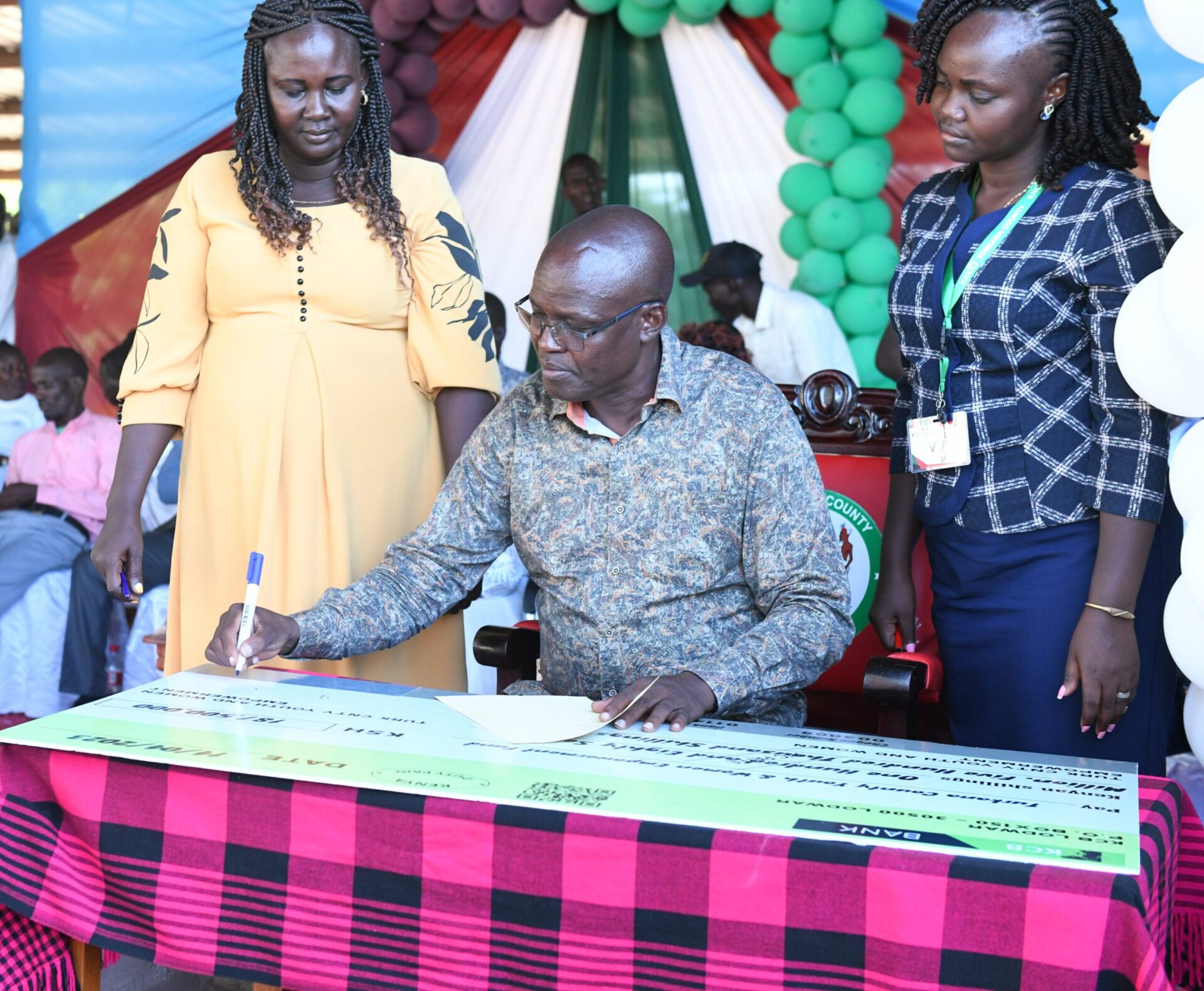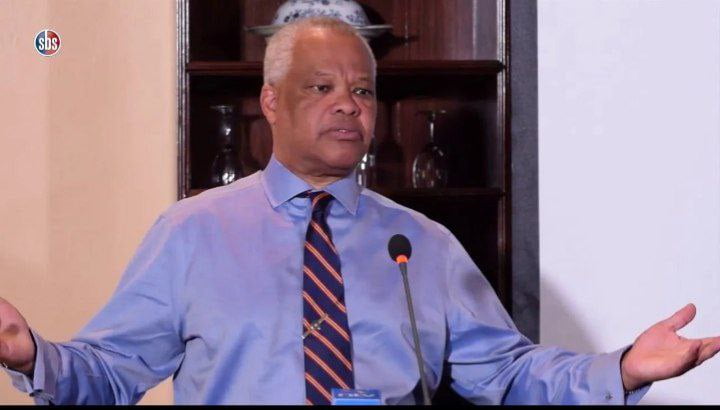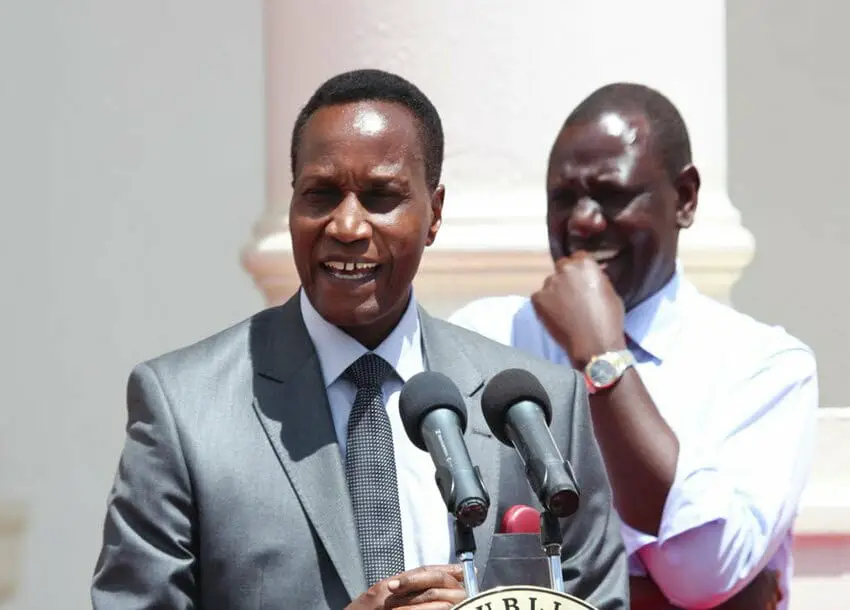Former Rural Electrification Authority (Rea) CEO Ng’ang’a Munyu is on the Ethics and Anti-Corruption Commission (EACC’s) radar for manipulation of tenders, misleading the board and procuring faulty tenders during his tenure.
EACC has for the whole of last week been investigating the management of Rea after a report by the board implicated them in corruption.
The report was submitted to the Energy Cabinet Secretary Charles Keter.
The board had written to EACC on August 10 concerning the performance of the management of the authority in delivering key government flagship projects costing billions of Shillings, after the conclusion of an audit that the CS had commissioned.
The allegations were that there were massive irregularities in the procurement of solar Photo Voltaic PV systems for primary schools from 2013 to 2017, leading to loss of public funds amounting Sh6.6 billion.
Mr Munyu was accused of working with close associates in the government authority to employ people without conducting interviews, which is against the law., interviews which is against the law.
“These employees were used by the CEO to manipulate documents and conceal evidences of corrupt deals in the authority,” the report indicated.
The report went further to state that the former CEO awarded tenders to several companies for which he is a shareholder and diverted funds meant for school electrification to other projects.
The document implicated Mr Munyu in using the chief manager in charge of procurement to manipulate the tendering process to fit companies selected by him.
Last week on different schedules, the EACC interrogated the Rea board with the aim of getting to the bottom of the allegations which were contained in the report submitted to CS Keter.
Those interrogated by EACC include Mr Mutuma Nkanata, Elisha Akesh, Jonas Misto, Josephine Muritu, Justus Aufrudus, Prof Robert Gateru, Florence Sergon, Bernard Rop, David Oleshege and Jane Wanjiru Wambu.
Mr Keter ordered that an investigation be done on the electrification programme of public primary schools and human resource capacity at the authority.
The commissioned audit sought to find out the status of the schools electrification programme and why the management of the authority had been issuing inconsistent reports on schools electrification, why transformers installed by Rea have been failing and the quality management standards of Rea relating to procurement of materials.
The audit had found some Rea staff culpable of procurement of faulty transformers which failed at a rate of five percent, and questioned the human resources capacity at the authority.
The board, in the letter accompanying the audit report, indicated that the Rea management did not have an exhaustive list of public primary schools in Kenya.
“The management was therefore working with a moving list where schools were added regularly, yet the board was never informed of any major assistance required to acquire an authentic list of schools,” the report said, adding that the three available reports had major discrepancies that have made it difficult to reconcile the numbers to obtain an actual final list.
In one of the cases, the list from internal audit contained 5,765 schools which were not in the report held by the Rea management and submitted to the Ministry of Energy and Petroleum on December 19, 2016, while the list from Ministry of Education contained 6,515 schools which were missing from the combined report held by the Rea Management and the internal audit.
On solar projects, the audit report showed that electrification of public primary schools was done in lots where several schools from the same area were combined into one lot to take advantage of labour and transport charges, thereby being awarded to a single contractor and executed as one project.
“There were 316 lots in total. However, existing data could not allow automatic segregation of individual schools within each project,” the report showed.
It also indicated that the electrification through solar was carried out through turnkey contracts where the contractors supplied and installed the solar kits to the schools.
This, it said, is opposed to the labour and transport only method used for grid projects.
The board also questioned the costing of the project, yet initially, contractors were identified through competitive bidding where awards were granted to those with least bid prices.

